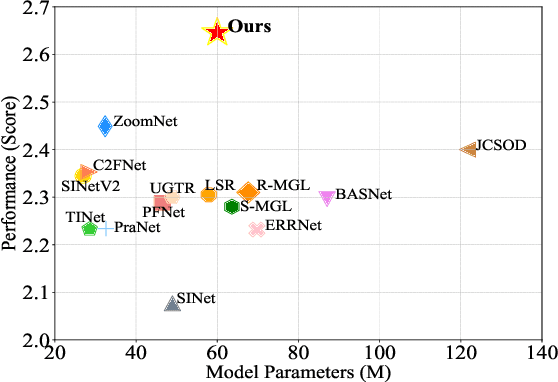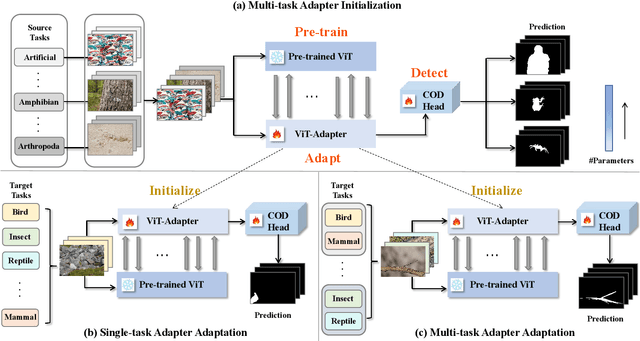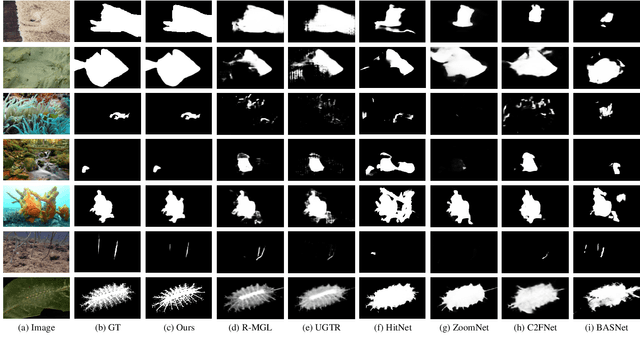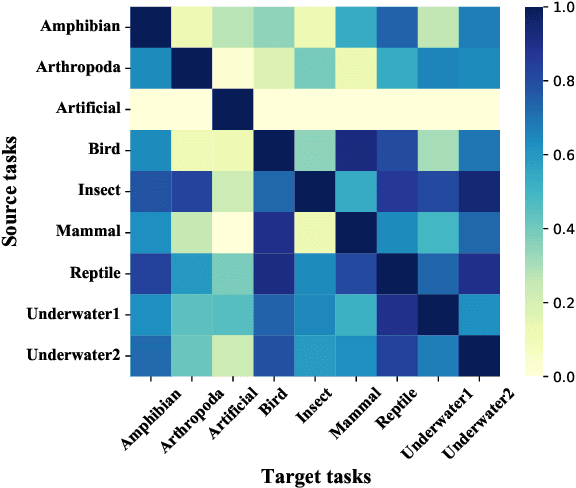Dexuan Kong
A reconfigurable calibration-free digital-to-time converter based on a high-speed transceiver
Dec 10, 2024



Abstract:This paper proposes a high-speed transceiver-based method for implementing a digital-to-time converter (DTC). A real-time decoding technique is introduced to inject time information into high-speed pattern data. The stability of the high-speed clock ensures the high precision of the synthesized timing signal without the need for calibration. The reconfigurability of the clock resources provides the DTC with variable resolution and enhanced flexibility for various applications. Based on this approach, a multifunctional DTC is designed to offer both timing sequence and random timing signal functionalities, catering to a wide range of application scenarios. The timing sequence function generates a continuously variable timing signal stream, while the random timing signal function produces random signals with uniformly distributed time intervals. Experimental results, using a Xilinx Kintex-7 FPGA, validate the effectiveness of the proposed methodology. The system achieves a resolution of 100 ps, a dynamic range from 1 ns to 40 {\mu}s, a DNL of -0.02/0.02 LSB, an INL of -0.04/0.03 LSB across the entire range. This approach can be readily adapted to various high-precision timing signal applications.
Pre-train, Adapt and Detect: Multi-Task Adapter Tuning for Camouflaged Object Detection
Jul 20, 2023



Abstract:Camouflaged object detection (COD), aiming to segment camouflaged objects which exhibit similar patterns with the background, is a challenging task. Most existing works are dedicated to establishing specialized modules to identify camouflaged objects with complete and fine details, while the boundary can not be well located for the lack of object-related semantics. In this paper, we propose a novel ``pre-train, adapt and detect" paradigm to detect camouflaged objects. By introducing a large pre-trained model, abundant knowledge learned from massive multi-modal data can be directly transferred to COD. A lightweight parallel adapter is inserted to adjust the features suitable for the downstream COD task. Extensive experiments on four challenging benchmark datasets demonstrate that our method outperforms existing state-of-the-art COD models by large margins. Moreover, we design a multi-task learning scheme for tuning the adapter to exploit the shareable knowledge across different semantic classes. Comprehensive experimental results showed that the generalization ability of our model can be substantially improved with multi-task adapter initialization on source tasks and multi-task adaptation on target tasks.
 Add to Chrome
Add to Chrome Add to Firefox
Add to Firefox Add to Edge
Add to Edge